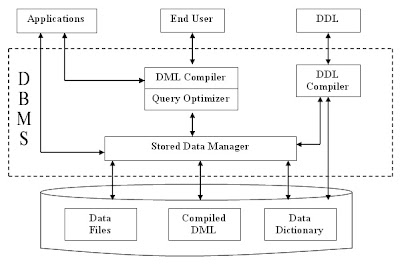No doubt, ERP systems are indispensable tools for all types of businesses that require different tools for various operational tasks. In order to further understand its features, we have compiled some of the many pain points that these platforms can solve:
- Separate Systems for Related Operational Tasks. Many entrepreneurs find themselves juggling multiple software solutions for their daily business operations. However, jumping from one platform to another can take up a lot of time and doing so can make your operations more vulnerable to the risk of human error. Using an ERP can streamline your workflow by providing all the tools you require in one interface. This makes your daily operations faster and more efficient, all while reducing errors. Moreover, by maintaining one platform instead of separate systems, you can save a lot on operational costs.
- Delayed Customer Accommodation. Being too preoccupied with back-office tasks leave you little time to concentrate on front-of-house duties. This hinders entrepreneurs and their employees to accommodate their customers’ needs and make timely decisions with regards to their concerns. Eventually, this leads to reduced customer retention as well as slower lead conversions. Through an ERP system, you can leverage the combined power of CRM and project management tools to serve your customers better. These features should give your staff members access to all the information they need to help your clients as promptly as possible.
- Time-Consuming Inventory Management. Keeping your inventory fully stocked while making sure that you don’t waste any supplies is one of the biggest challenges that entrepreneurs encounter on a regular basis. It is a tedious task that requires great attention to detail. Luckily, with ERP systems, you will no longer have to monitor your supplies manually. These platforms come with inventory management features that will allow you to monitor changes in supply levels as they happen and gauge when to reorder stocks accurately.
- Fussy Financial Data Consolidation. Money goes in and out of your business daily. If you don’t have an ERP system, there’s a good chance that you are keeping tabs on these numbers using different software solutions. While this may work during your first few years in the business, it can get more and more demanding as your sales grow. This strategy makes bookkeeping and financial tracking exhausting for you and your accountants. With an ERP platform by your side, you can consolidate financial data automatically, so you can review all the information without having to check multiple systems.
- Data Inaccuracies. Manual paper processes can lead to inevitable typing errors and inconsistencies in your business information. Using ERP platforms, you can eliminate the chances of duplicates and lessen typos. On top of that, you can even reduce your carbon footprint because these software solutions will let you handle these processes digitally. You may even store them in an online database that can be accessed whenever and wherever you wish.
- Unorganized Team Communication. Collaboration is everything if you want your business to run smoothly. To do this, you will need to have a secure and reliable means of communication. Using ERP systems, you can get access to in-software communication tools that enable you to delegate tasks, facilitate group chats, and accommodate your file sharing needs. This way, you can manage more projects efficiently and be more proactive in your operations.


